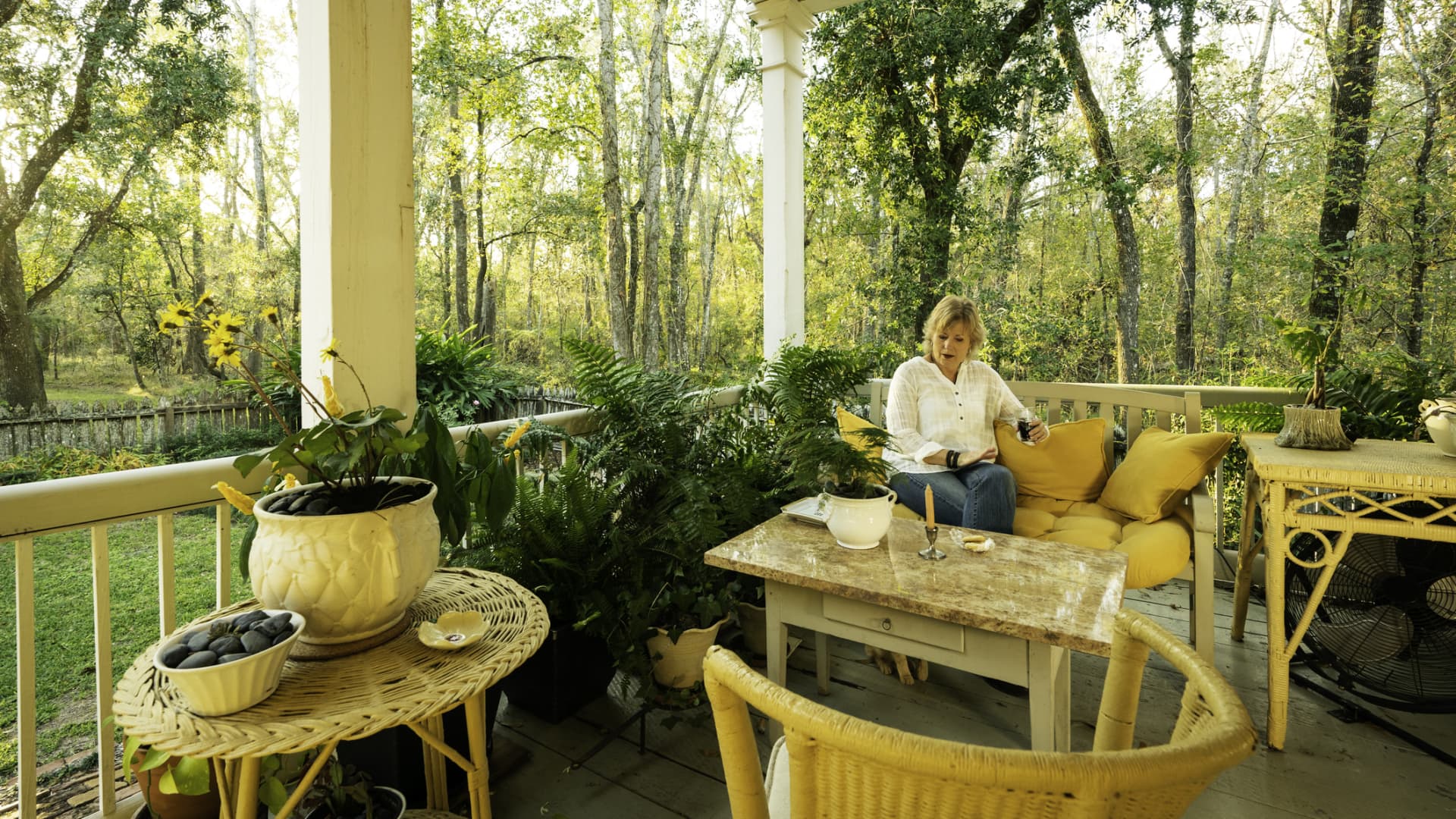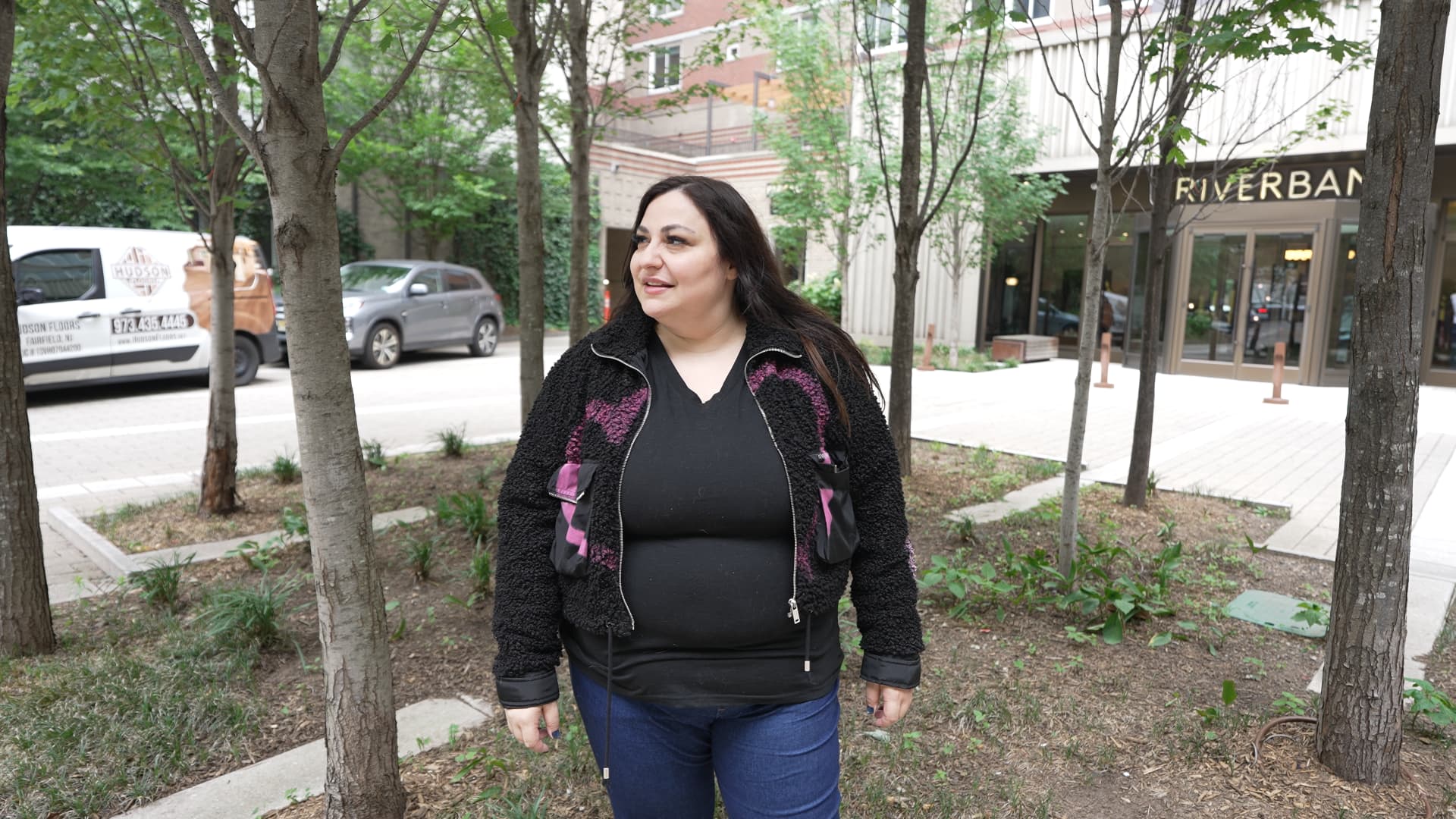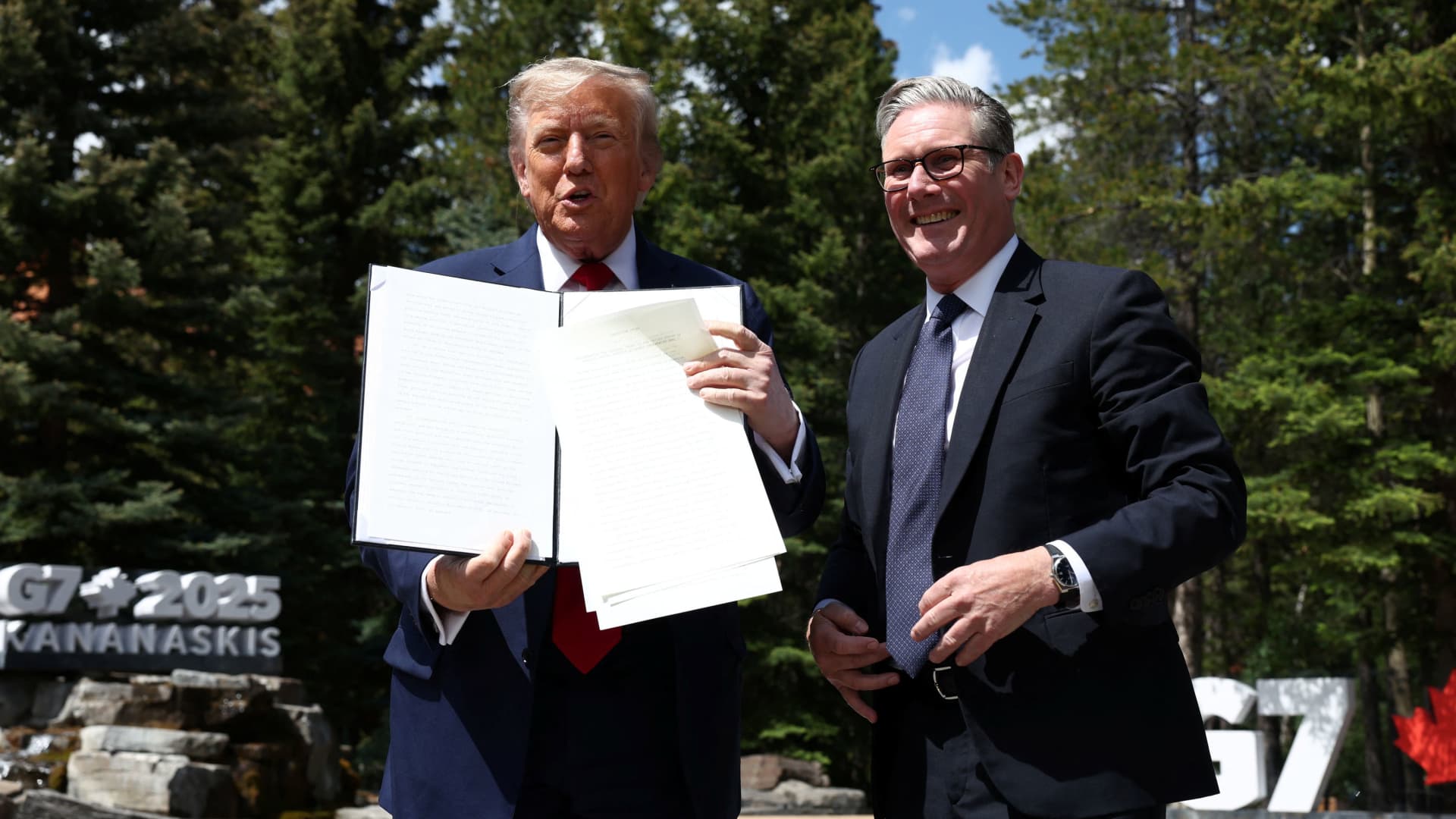In addition to looking for options that meet most of your needs, you’ll want to consider any major downsides or trade-offs you’d have to make, such as a lack of accessible health care or a high cost of living.
Financial services website Bankrate recently ranked all 50 states based on 15 metrics, including affordability, health care and weather, to determine the best and worst places to retire in the U.S. The study used data from a variety of sources, including the Council for Community and Economic Research, the National Oceanic and Atmospheric Administration and the U.S. Department of Health and Human Services.
The metrics were weighed according to survey responses gathered by Bankrate in May 2025 on what Americans say are their top priorities for choosing a retirement destination. As a result, affordability, weather and neighborhood safety influenced overall scores the most.
Here are the 10 worst states to retire, according to Bankrate, where you may have to compromise when it comes to cost, safety and access to health care:
- Louisiana
- Texas
- Oklahoma
- Arkansas
- Nebraska
- Alabama
- Kansas
- California
- New Mexico
- Florida
Weather also played a significant role in landing several of these states at the bottom of the overall rankings. Louisiana ranked No. 39 for weather and Texas came in at No. 47 in that category.
“Natural disasters really degraded the scores of almost every state across the Gulf. Texas, Florida — even states that you really think about as primary retirement destinations,” Stephen Kates, a certified financial planner and Bankrate financial analyst, tells CNBC Make It. “They didn’t do as well in the weather category because of their propensity to have hurricanes and other natural disasters.”
Personal preference matters
It can be helpful to consider these rankings and the metrics used to determine them, but ultimately, the best place for you to retire will depend on your personal preferences.
Retiring in Louisiana or Oklahoma may look challenging based on these metrics, for example, but if that’s where your family lives and you want to be close to them, it may be worth planning ahead and figuring out how to live well there, despite potential drawbacks.
If living in a tax-friendly state is important to you, Wyoming may be your best fit, Kates says. The state came in at No. 3 overall and No. 1 for tax-friendliness. But you’d be giving up other potential amenities.
“You pay very little state taxes, but you have little access to some of the other things that you may want,” he says. “Wyoming is not great for arts and entertainment — it’s a big, more rural place.”
Conditions can also vary greatly within a given state when it comes to metrics like neighborhood safety. State-level data can be a good place to start, but you may need to dig deeper or visit in person to determine if an area is right for you, especially if you’re considering a big state like California or Texas, Kates says.
“Where you live in California or Texas or Florida, or any state, is going to matter because we’re aggregating a lot of data,” he says. “If you live in Los Angeles, it’s going to be very different than if you live in Sacramento or La Jolla; if you live in Dallas, very different [than] Houston.”
Planning for retirement is ‘a lot more than just putting a pin on the map’
You may choose not to relocate in retirement, or prefer to wait until later on to make a move. As people live longer than they used to and thus may be retired longer, it’s wise to think about your retirement in phases, Kates says.
“It’s a lot more than just putting a pin on the map and saying, ‘This is the place,'” he says. “If you’re going to live in retirement for 25 or 30 years, there’s going to be phases of that. And how you figure that out is extremely relevant.”
If you want to dedicate time to traveling in your early retirement years, it may not make sense to also try to move your home base during that period. But a decade or so later, you may be more interested in settling down somewhere new.
Kates calls these the “go, low-go and no-go” phases of retirement, alluding to idea that as you get older, you’ll likely want or need to slow down.
Want to stand out, grow your network, and get more job opportunities? Sign up for Smarter by CNBC Make It’s new online course, How to Build a Standout Personal Brand: Online, In Person, and At Work. Learn from three expert instructors how to showcase your skills, build a stellar reputation, and create a digital presence that AI can’t replicate.
Plus, sign up for CNBC Make It’s newsletter to get tips and tricks for success at work, with money and in life, and request to join our exclusive community on LinkedIn to connect with experts and peers.
















Leave a Reply